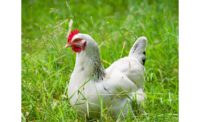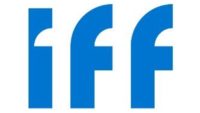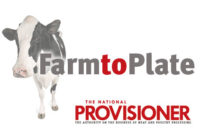Breakthrough in animal welfare: UV-A environment enrichment

Scientists at ONCE, in conjunction with two major U.S. universities, have found that the addition of an Ultraviolet A (UV-A) spectrum into animal housing lighting reduces stress levels by a significant margin. This reduction of stress represents possibly the biggest breakthrough for poultry animal welfare in recent history.
"In our three individual, scientifically conducted trials, we measured two hormonal stress biomarkers and behavioral responses," explains Dr. Aaron Stephan Ph D, Director of Biological Research and Development at ONCE. "The data show that dynamic levels of UV-A mixed with other specific light spectra results in a substantial reduction of industry-accepted stress indicators. Corticosterone levels decreased by two-thirds, while heterophil:lymphocyte ratios were cut in half when compared to the poultry raised without supplemental UV-A," stated Stephan
"At the same time, the birds exhibited significantly reduced body asymmetry, fear response and wing-flapping, as well as a strong preference for UV-enhanced environments. Over the years, we have tried to develop animal-centric lighting that encourages animal behaviors to closely match how they behave in nature. Our studies show that UV-A is an elemental part of a lighting program to achieve the lowest stress and most natural behaviors," added Dr. Stephan.
ONCE photobiology research has yielded a deep understanding of the importance of UV-A in commercial poultry production. It is a popular belief that adding windows into commercial animal housing enriches the environment and improves animal welfare. However, the silica glass used in windows blocks beneficial UV-A and causes unnaturally high levels of light in the facilities. This does not mimic a natural poultry habitat of the tropical rainforest, and in fact increases stress and fear levels in chickens. The ONCE proprietary technology stemming from this research provides an enhanced natural environment that supplements a key light component absent from standard fixtures and from windows.
"Upcoming regulations for poultry animal housing require the installation of windows, an arbitrary decision that is not supported by scientific evidence," states Zdenko Grajcar, CEO of ONCE. "We have engaged several animal welfare organizations in an effort to add UV-A enrichment into the standards and limit the window requirements. Improving animal welfare should result in better overall performance and lower stress. The addition of windows simply does not achieve that."
For more information, please visit www.once.group.
Looking for a reprint of this article?
From high-res PDFs to custom plaques, order your copy today!





